It has been a long way since the very first electronics were introduced in hotels. Compare to the raw, box-like amenities in grand hotels back in the ‘80s, we are now greeted by touchless check-ins or digital tablets that allow customers to have the most out of their personal experiences. Now, formed from an intriguing idea, smart rooms are coming closer than ever to revamping the entire hospitality industry. Let’s discover the history and how the innovative application shape what hotel services should look like in the future.
[rpi]
Identified by many as the most important hospitality trend in years to come, smart rooms and their promising potential have attracted great attention of visitors and service providers with their ability to enhance personalization and convenience.

Photograph by @TippaPatt | Shutterstock
So what exactly is “smart rooms”? The term defines a room that makes use of “smart devices”, which are powered by the Internet of Things. Smart devices then are connected to the internet, making it possible to receive digitalized data, and sufficiently communicate with the users, whether they are hoteliers or customers.
Smart rooms’ beneficial basic functions
Personalize experience like never before
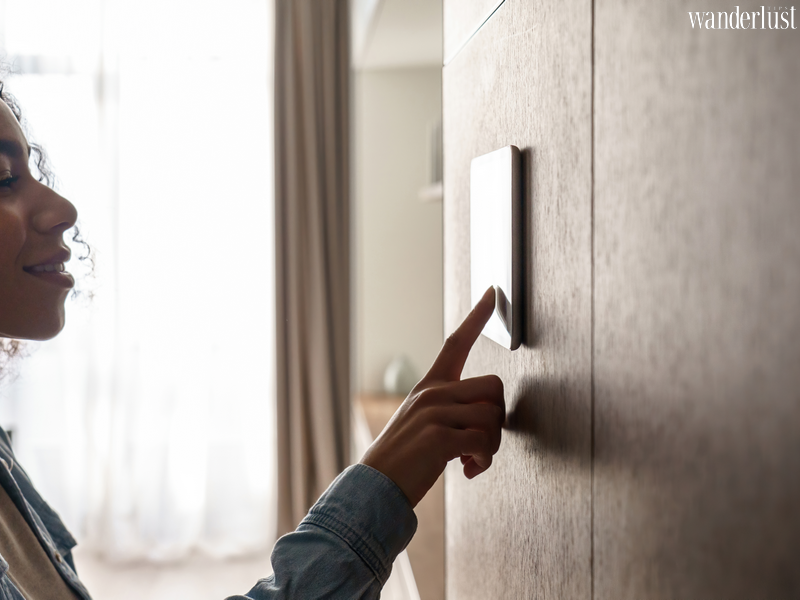
Photograph by @insta_photos | Shutterstock
To satisfy even the most demanding customers, smart rooms are known to be capable of adjusting every aspect of the room, given that it is digitally connected. Just by a press of a button, through a tablet or a smart hub, guests can change what they do not like, from the temperatures, and lighting levels. The responding time is lighting fast with high precision that no demand is left unfinished, improving their enjoyment and making the experience feel more like home.
Sustainability in services
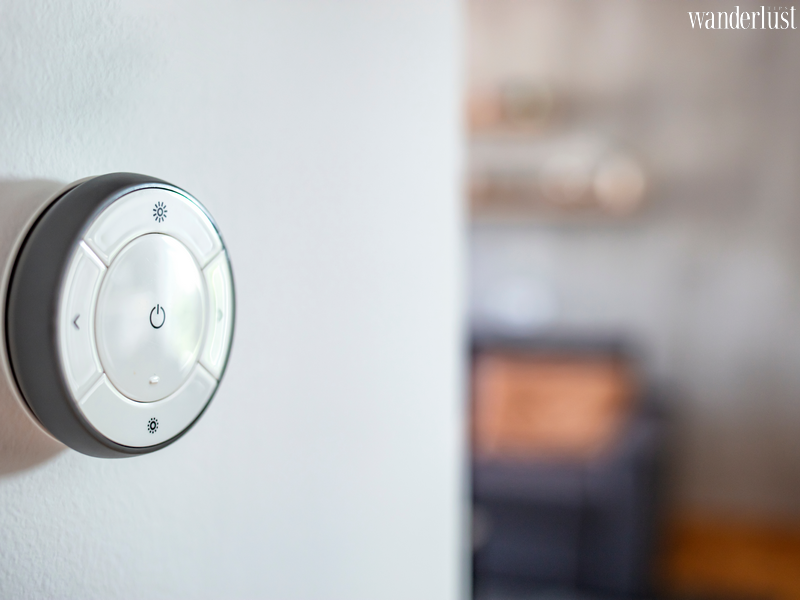
Photograph by @Dragana Gordic | Shutterstock
Smart rooms providing to hotels with the biggest advantage currently, sustainable practices. Reducing costs with energy efficiency, which certain devices being used only when they are needed. For example, the lights level in the room is automatically reduced during daylight hours, or the temperature can be automatically adjusted when the room reached a specific temperature. Reducing unnecessary usage.
Remote control anywhere in the room
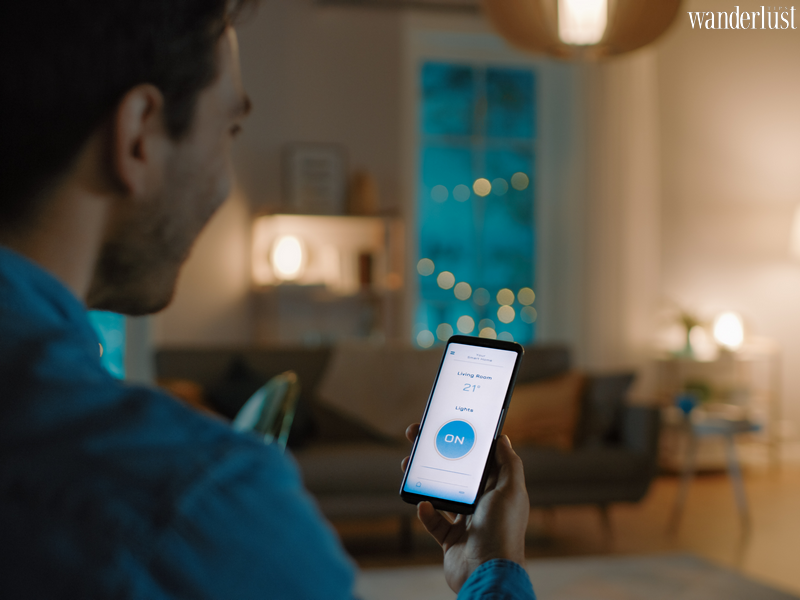
Photograph by @Gorodenkoff | Shutterstock
The task of waiting for someone to respond to you for your wants and needs is now replaced by voice-command devices. Imagine using your voice to ask for things just by lying in your comfy beds, this is what smart rooms are. As the room fully connects with the hotels, you can pretty much ask for anything, such as reducing the lights, closing curtains, or changing the TV channels. This is also great for hotel staff to prepare before the customer even arrives, setting up smart devices inside the room can really sell the atmosphere.
Need assistant? Coming right up!
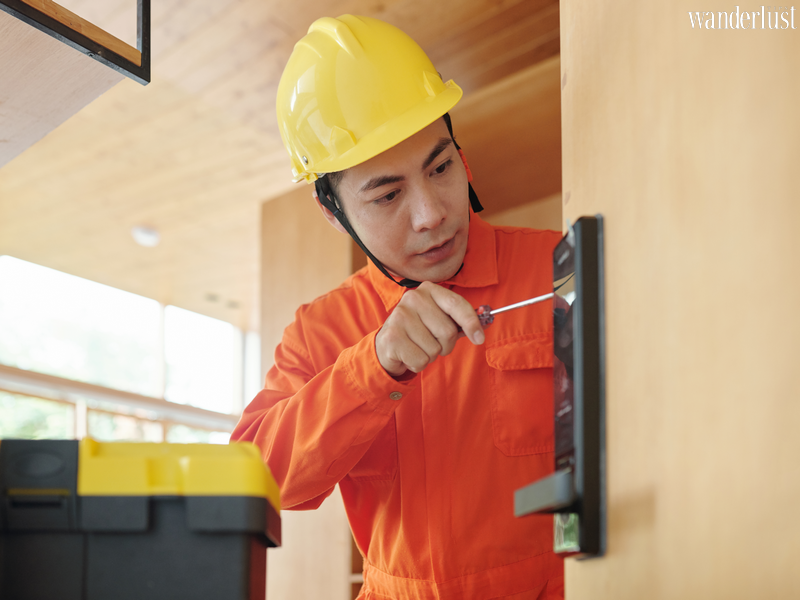
Photograph by @Dragon Images | Shutterstock
Another leading advantage is the ability to anticipate technical issues and make repairs swiftly. No longer having to answer hundreds of room service calls, complain about the condition of the room, hotel staff will be there before they can even find a problem that hinders their vacation. Essentially, the use of the Internet of Things technology can provide hotel staff with live, up-to-date information about their operating status.
Leading examples of “smart hotels”
Alexa in Las Vegas
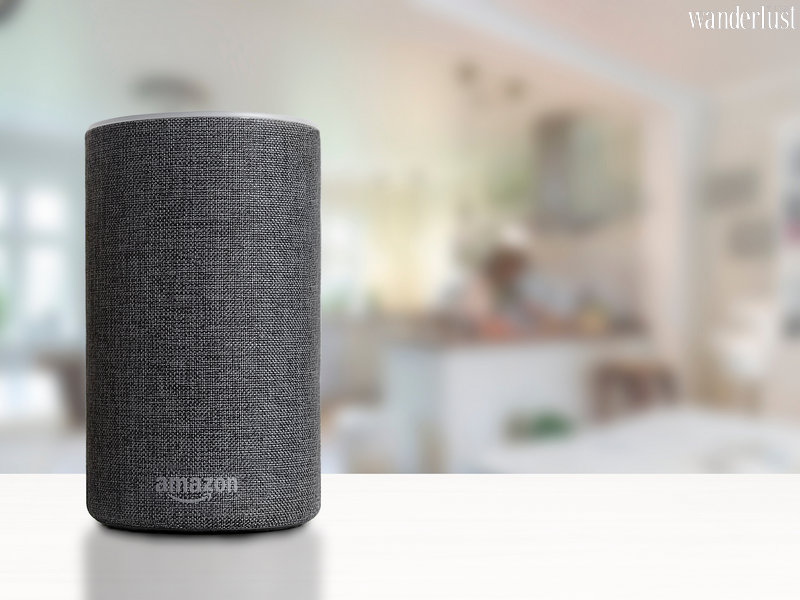
Photograph by @Juan Ci | Shutterstock
Apps and smart tablets are what hotels in Las Vegas offer, and in Wynn Resort, 2,000 rooms are brightened up with the lovely voice of Alexa. A unique collaboration with Amazon let guests stay in Wynn Resort with utmost comforts. Just say your wish, whether it is to change the light, to see the news, or listen to your favorite music. Amazon’s Alexa has overpassed its competitors in the voice-command industry, making sure that your voice will be heard.
Robots are taking over (for hotels at least)
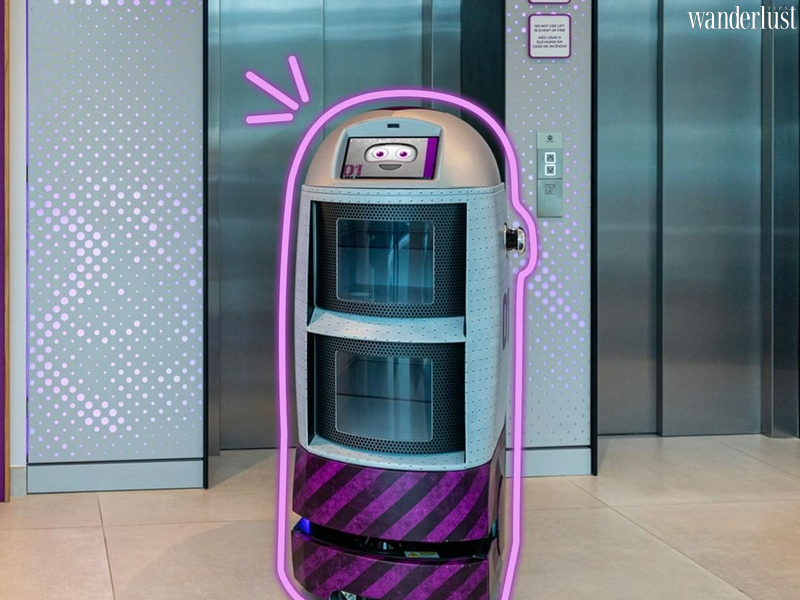
Photograph by @yotel | Instagram
Robotics has been the future of humanity, in industry services, Japan has been leading in the field. But for our leading example of robots used for smart rooms, we will be exploring the enthusiastic Yobots (robots) in Yotel Hotel in Singapore. When you call for room services through your smart tablet, an actual service robot will come instead of human staff. For now, the robots can bring amenities to your room, and take your luggage to your room.
Live concerts in your own room
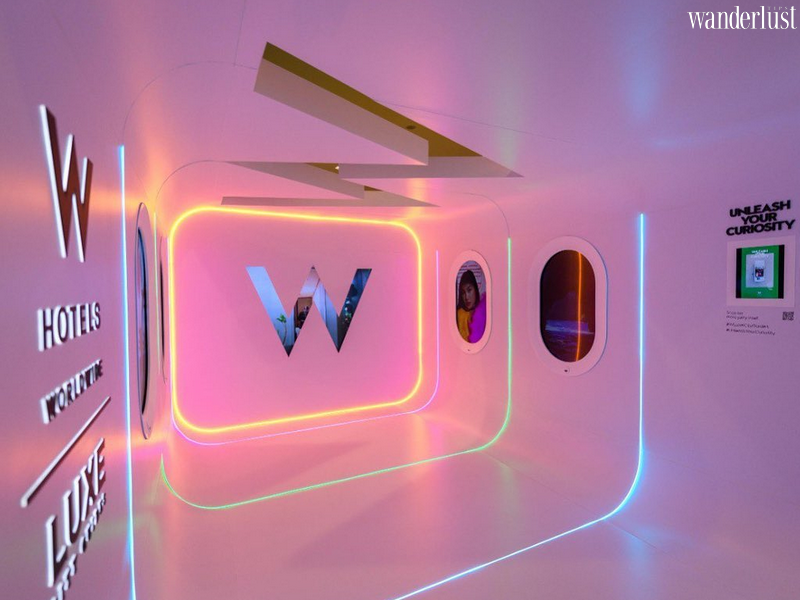
Photograph by @wsingapore | Instagram
The use of smart rooms in W Singapore – Sentosa Cove really demonstrates what you can creatively do with smart devices. With dynamic lighting, underwater speakers, Smart TV with bose sound system, and led lighting installations that create a futuristic background, the hotel outdid itself with the DJ-theme atmosphere. There are DJ booths that are exclusively in private rooms that really sets up the mood.


[…] Smart rooms: The future of hospitality’s automated services […]